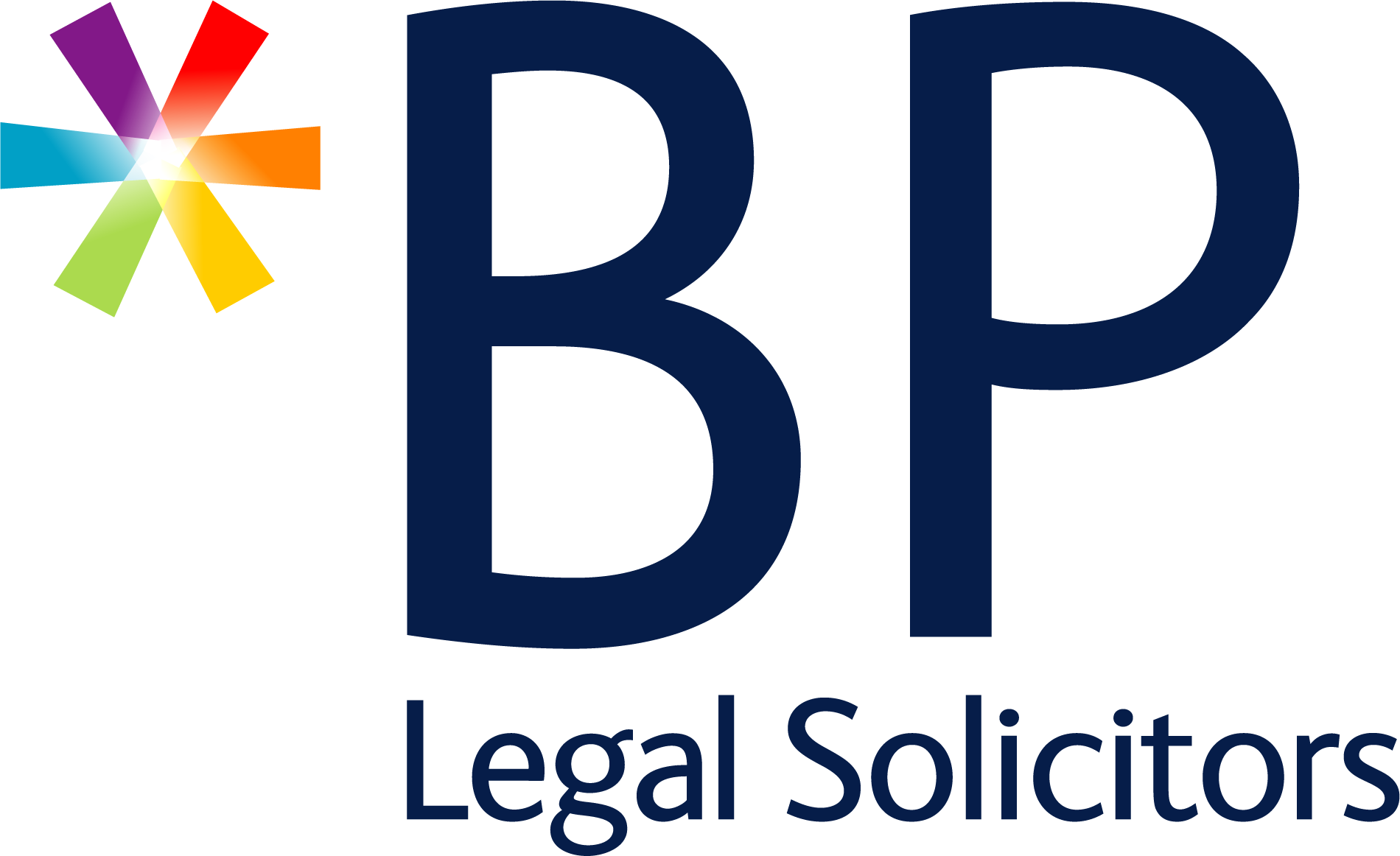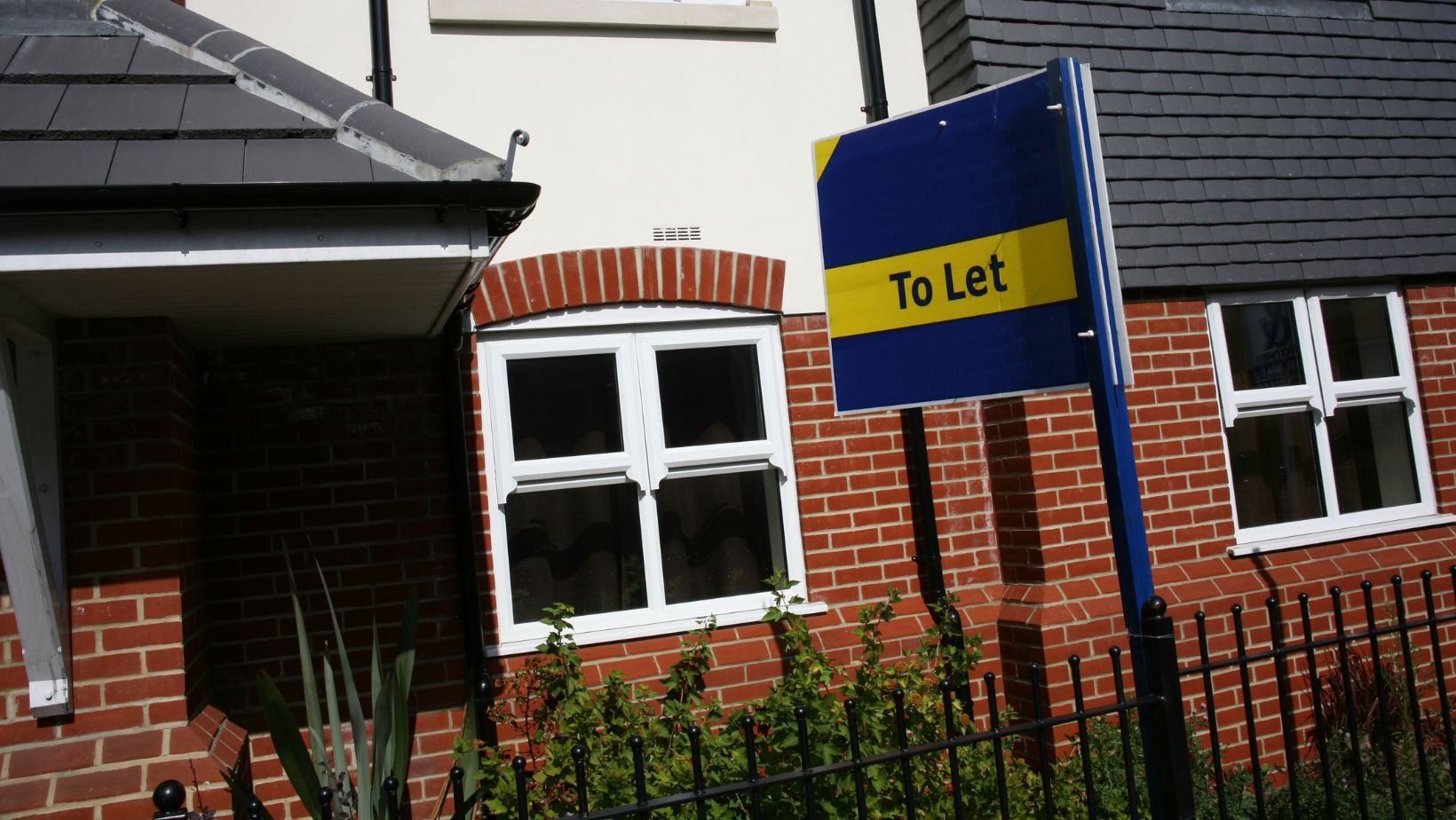If you’re considering becoming a landlord, these are the pros and cons of buy-to-let properties that you’ll need to know.
Buy-to-let properties have become a cornerstone for landlords looking to diversify their portfolios in the United Kingdom.
The allure of a steady rental income, coupled with the potential for long-term capital appreciation, makes buy-to-let properties an enticing choice. However, the path from contemplating such an investment to reaping its benefits involves a complex legal process that necessitates careful navigation.
In this blog post, we will delve into the legal intricacies associated with purchasing buy-to-let properties in the UK, exploring both the advantages and challenges that landlords may encounter.
The pros of buy-to-let properties in the UK
- Steady rental income: A primary appeal of buy-to-let properties is the potential for a consistent rental income stream. Landlords can enjoy regular cash flow, helping offset mortgage payments and other property-related expenses.
- Property appreciation: Over time, buy-to-let properties in the UK have shown the potential for capital appreciation. As the property market fluctuates, landlords may benefit from an increase in the value of their investment, providing a lucrative exit strategy.
- Portfolio diversification: Diversifying one’s investment portfolio is essential for risk management. Buy-to-let properties offer landlords the opportunity to spread their investments across different asset classes, reducing the impact of a downturn in any single market.
- Tax benefits: The UK tax system provides various advantages for landlords. Deductions for mortgage interest, maintenance costs, and other related expenses can contribute to a more favourable tax position.
- Inflation hedge: Real estate is often considered a hedge against inflation. Property values tend to rise with inflation, providing landlords with a safeguard against the eroding effects of rising prices on their wealth.
The cons of buy-to-let properties in the UK
- Market volatility: While property values can appreciate, they are also susceptible to market fluctuations. Economic downturns can lead to a decline in property prices, potentially affecting the overall return on investment for landlords.
- Property management challenges: Being a landlord entails responsibilities beyond the initial purchase. Managing tenants, addressing maintenance issues, and staying compliant with UK regulations can be time-consuming and demanding, especially for those with multiple properties.
- Economic downturn risks: Economic uncertainties can impact tenants’ ability to pay rent. In times of recession, job losses and financial instability may lead to an increased risk of rental arrears, placing additional strain on landlords.
- Interest rate fluctuations: Buy-to-let mortgages are subject to interest rate fluctuations. A rise in interest rates can significantly impact the profitability of an investment, potentially reducing rental yields and increasing mortgage expenses.
- Legislative changes and regulations in the UK: The legal landscape surrounding buy-to-let properties is subject to frequent changes. New regulations, tax laws, and licensing requirements can pose challenges for landlords, necessitating ongoing diligence to stay compliant.
The legal process of purchasing buy-to-let properties in the UK
Financing and mortgage approval:
- Credit assessment: Before entering the buy-to-let market, landlords must undergo a rigorous credit assessment. Lenders will evaluate the applicant’s creditworthiness and financial stability to determine eligibility for a mortgage.
- Deposit requirements: Lenders in the UK typically require a higher deposit for buy-to-let mortgages compared to residential mortgages. Landlords should be prepared to provide a substantial upfront deposit to secure financing.
- Mortgage options: Various mortgage products tailored for buy-to-let investments are available in the UK. Landlords should carefully compare interest rates, terms, and conditions to choose a mortgage that aligns with their financial goals.
Property search and due diligence:
- Location analysis: Choosing the right location is crucial for buy-to-let success. Landlords should research market trends, assess demand for rental properties, and consider factors such as proximity to amenities, transportation, and schools.
- Property inspection: Conducting a thorough property inspection is essential to identify potential issues that may affect the investment. This includes assessing the property’s condition, checking for necessary repairs, and estimating maintenance costs.
- Legal checks: Engaging a qualified conveyancer or solicitor is crucial for navigating the legal aspects of the purchase. Legal professionals will conduct searches to uncover any legal issues, such as outstanding debts, restrictions, or disputes affecting the property.
Offer and negotiation:
- Making an offer: Once a suitable property is identified, landlords can make an offer. Negotiation skills come into play here, as landlords seek to strike a deal that aligns with their budget and investment objectives.
- Sales agreement: Upon reaching an agreement with the seller, a sales agreement is drafted. This legally binding document outlines the terms and conditions of the sale, including the sale price, completion date, and any specific conditions.
Survey and valuation:
- Property valuation: Lenders in the UK typically require a professional property valuation to assess the market value of the investment. This valuation helps determine the mortgage amount and ensures that the property’s value aligns with the purchase price.
- Structural survey: While a valuation provides an overview, a structural survey offers a more in-depth examination of the property’s condition. This can uncover hidden issues that may impact the property’s long-term viability and value.
Legal conveyancing process:
- Appointment of legal professionals: Landlords should appoint a conveyancer or solicitor to handle the legal aspects of the transaction. These professionals will conduct title searches, review contracts, and ensure that the property has a clear legal title.
- Local authority searches: Conveyancers will perform local authority searches to uncover any planning or development issues, restrictions, or outstanding enforcement notices that may affect the property.
- Exchange of contracts: Once all legal checks are completed satisfactorily, the buyer and seller exchange contracts, committing both parties to the sale. At this point, the buyer typically pays a deposit, usually around 5-10% of the purchase price.
- Completion and transfer of ownership: On the agreed-upon completion date, the remaining funds are transferred, and ownership of the property is officially transferred to the buyer. The buyer is now the legal owner of the buy-to-let property.
Tax implications and compliance:
- Stamp duty: Landlords in the UK should be aware of stamp duty, a tax levied on property transactions. The rates vary based on factors such as the property’s value, location, and whether it is a second property.
- Income tax: Rental income is subject to income tax in the UK. Landlords can deduct allowable expenses, such as mortgage interest, property management fees, and maintenance costs, from their rental income before calculating tax.
- Capital gains tax: If landlords sell the buy-to-let property at a profit, they may be liable for capital gains tax. Understanding the tax implications of a sale is essential for effective financial planning.
Conclusion
In many cases, the relative pros and cons of buy-to-let properties will come down to the individual needs of each landlord. Buy-to-let properties can be a lucrative investment for landlords seeking to build wealth through rental income and property appreciation.
However, the journey from property selection to ownership involves a multifaceted legal process that demands careful consideration. Landlords must navigate the UK-specific regulations, tax implications, and market dynamics to make informed decisions and ensure the success of their buy-to-let investments.

